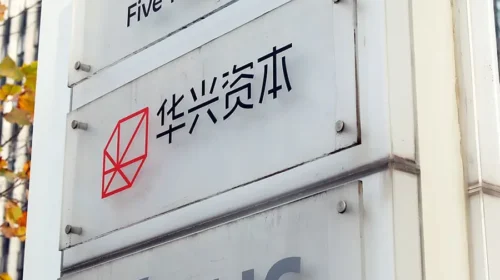FAST NEWS: Domino’s China franchisee gets unbaked reception in HK trading debut

The latest: DPC Dash Ltd. (1405.HK), operator of Domino’s Pizza restaurants in China, made its trading debut in Hong Kong on Tuesday with an opening price of HK$46, unchanged from its IPO price.
Looking up: The international portion of the listing, which was set to account for 90% of the IPO’s 12.8 million shares sold, was oversubscribed by 90%.
Take Note: Retail investors were tepid on the local portion of the offering, with only 575,000 shares or 45% of the available total subscribed. That caused the stock to price at the bottom of its IPO range at HK$46, with the 704,500 unsubscribed shares reallocated to the international portion of the offering.
Digging Deeper: DPC Dash is the Chinese franchisee of U.S. fast food giant Domino’s Pizza, and currently operates 604 stores in 17 cities across China. The company first applied for a Hong Kong listing in March last year, then submitted an updated prospectus in October. Despite repeated Covid outbreaks in China last year, the company’s revenue rose 25% to 2.02 billion yuan ($294 million) for the year, as it focused on takeaway services that were less affected than dine-in services, and have accounted for over 70% of its revenue for the past four years. However, it recorded a net loss of 220 million yuan last year and expects to continue losing money as a result of heavy spending on its aggressive store opening plans.
Market Reaction: DPC Dash’s shares fluctuated narrowly during the Tuesday morning session, and ultimately closed unchanged from the IPO price at HK$46 by the midday break.
Translation by Jony Ho
To subscribe to Bamboo Works free weekly newsletter, click here





